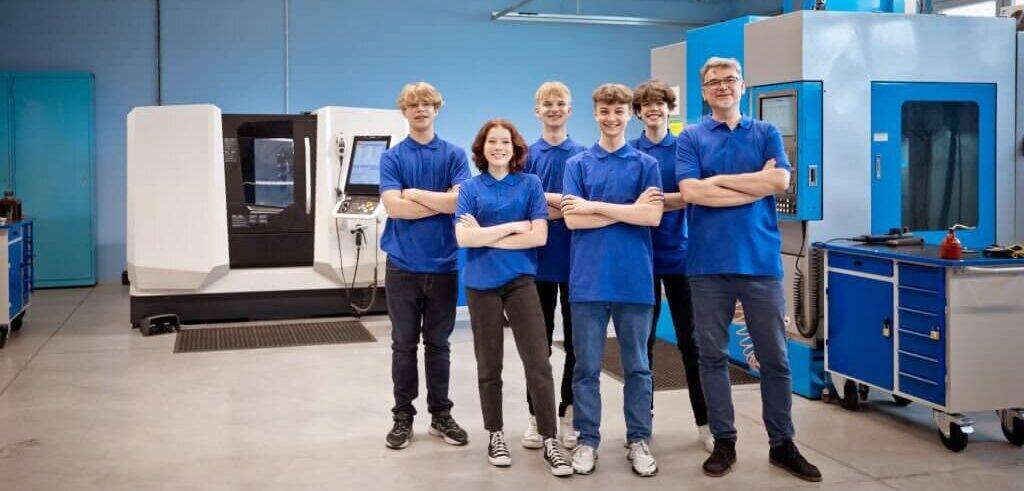In an ever-evolving global job market, the demand for practical skills and specialized training has never been higher. While many chase degrees, an increasing number of international students and young professionals are turning towards Ausbildung in Germany—a vocational training pathway that blends theory with hands-on experience. If you're looking to build a secure, future-ready career, Ausbildung might just be your smartest move.
What is Ausbildung?
Ausbildung is Germany’s dual vocational training system, widely respected and adopted across the country. It typically spans 2 to 3.5 years, during which trainees work in a company while attending vocational school (Berufsschule) to gain theoretical knowledge. The beauty of this system lies in its practical approach, where students are treated as employees and paid a monthly stipend during their training.
This model is applied across more than 300 professions, ranging from healthcare and engineering to hospitality and IT. Whether you want to become a chef, electrician, nurse, or software developer—there is likely an Ausbildung program for you.
Why Choose Ausbildung in Germany?
1. Earn While You Learn
Unlike traditional university degrees where students accumulate debt, Ausbildung allows trainees to earn a monthly salary while acquiring skills. Depending on the profession, the average salary ranges from €800 to €1,200 per month, increasing with each year of training.
2. High Employability
One of the biggest benefits of Ausbildung in Germany is its direct link to employment. Most trainees are hired by the same company where they completed their training. Germany's strong industrial sector and skill-based economy mean that trained professionals are always in demand.
3. Globally Recognized Credentials
The German vocational training system is recognized for its rigor and quality. An Ausbildung certificate from Germany can open doors not only within the country but also in other parts of Europe and beyond.
4. Pathway to Permanent Residency
International students who complete Ausbildung in Germany can apply for residence permits to stay and work in the country. After working for a few years post-Ausbuldung, it’s even possible to apply for permanent residency or even citizenship.
5. No Tuition Fees
Most Ausbildung programs are free of cost, as they are funded by the German government and companies. This is a huge financial relief, especially when compared to university education costs in other countries.
Eligibility and Requirements
To apply for an Ausbildung program, international applicants usually need:
-
A school-leaving certificate (equivalent to German standards)
-
B1 level proficiency in German language
-
A well-structured CV and motivation letter
-
Depending on the field, some basic qualifications or experience
Certain professions, like nursing, may require additional health certificates or background checks. It's also important to start applying at least 6–9 months before the program begins, as competition can be stiff.
Popular Ausbildung Fields for International Students
-
Nursing and Healthcare
-
Hotel Management and Culinary Arts
-
IT and Software Development
-
Mechanical and Electrical Engineering
-
Retail and Logistics
These sectors not only offer solid career prospects but also provide opportunities to move up the professional ladder in Germany.
Final Thoughts
Choosing to pursue Ausbildung in Germany is more than just an educational decision—it's a career investment. In a world where university degrees don't always guarantee a job, Ausbildung offers a direct route to employment, financial independence, and a life in one of Europe’s most stable and prosperous countries.

Join our community to interact with posts!